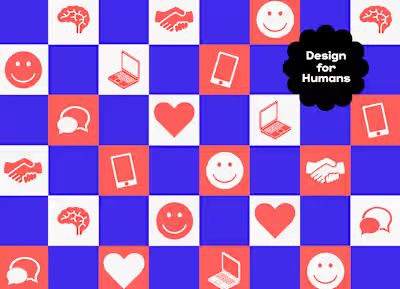Why Black Thought Leaders Are Advocating For Wellbeing
“When we know better, we do better,” says Tashon Thompson, co-founder of TRYWELL, a brand making supplements that address nutritional gaps commonly faced in the Black community. Most people don’t know just how dire the state of Black health is in America. “In our country there’s a longstanding cultural issue with African Americans and the health system. From the rising Black maternal mortality rates to lack of access to proper healthcare in lower economic communities, it’s always been an uphill battle.”
“Most people don’t know just how dire the state of Black health is in America.”
The history of justified skepticism between the Black community and the American medical system is long and storied. It’s built into the American mythos. Were you, as a kid, regaled with stories about George Washington’s wooden teeth? The reality is much more gruesome. Our founding father’s teeth were pried out of the mouths of enslaved people.
According to the Equal Justice Initiative: “During and after enslavement, physicians often denied Black people basic dignity and personhood through mistreatment that reflected the prevailing and dehumanizing myth that Black people were less sensitive to pain than white people.” Naturally, this is where the “strong Black woman” trope was born.
We also can’t forget Henrietta Lacks, a Black woman whose cells were taken from her body in 1951 without her knowledge and formed the basis of many innovations in health. They “were vital for developing the polio vaccine and uncovering secrets of cancer, viruses and radiation effects. These cells led to improvements in in vitro fertilization, cloning, and gene mapping.”
Lacks was not the only unwitting subject to medical experimentation. During the Tuskegee Experiments, Black Americans were lied to and kept from potentially life-saving treatments by the US Public Health Service. And the Eugenics Movement led to forced and often unwitting sterilization of Black women until as late as the 1970s.
But this is history, we think. It’s in the past. Yet, current statistics show that, compared to our white counterparts, African Americans are generally at higher risk for heart diseases, stroke, cancer, asthma, influenza and pneumonia, diabetes, and HIV/AIDS, according to the Office of Minority Health. Black people are even more at risk for long COVID.
“But this is history, we think. It’s in the past.”
Prominent figures have made public pleas for the US to prioritize Black health for years. Civil Rights Leader Martin Luther King Jr. spoke about the need for investment in Black health. At a press conference for the Medical Committee for Human Rights in Chicago in 1965, he said: “Of all the forms of inequality, injustice in health is the most shocking and the most inhuman because it often results in physical death.”
In a 2016 article published in the American Journal of Public Health, “Beyond Berets: The Black Panthers as Health Activists,” Dr. Mary T. Bassett wrote about the Black Panther Party’s contributions to health advocacy, saying they “popularized a set of beliefs that identified health as a social justice issue for Blacks and influenced public health to this day. Its militancy, blending science with community engagement, resonates today under the banner of #BlackLivesMatter.” She believes that educating communities holistically about their health is crucial to social justice efforts today. “That health is a right, not a privilege, remains true. It is a proud legacy, one built by many, still unachieved, and still worth fighting for today.”
“That health is a right, not a privilege, remains true. It is a proud legacy, one built by many, still unachieved, and still worth fighting for today.”
– Dr. Mary T. Bassett
If we, as a culture, were expecting time to fix the wounds (literally), these startling statistics are proof that it won’t. It makes sense — there has been no major government investment in closing the education and access gaps to quality healthcare, or in systematically addressing the doctoral discrimination that further denigrated the health of individuals and communities. (Except maybe Michelle Obama’s Let’s Move campaign.)
Even Thompson, who considered himself pretty healthy, had no idea about the extent of health disparities until co-founding TRYWELL with his mother.
“While looking on the market I realized there were no brands that spoke to me. No brands that represented the Black experience but also educated us on the nutrition disparities and how to combat them. And then TRYWELL was born.”
And it’s not just the Thompsons. A new cohort of Black businesses, brands, and creators are educating and providing resources that actively center the Black experience.
Read the full article:
Like this project
Posted Aug 18, 2024
The link between education and prevention
Likes
0
Views
8





